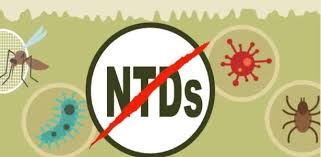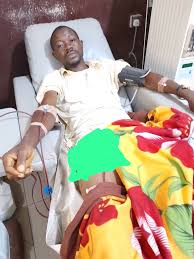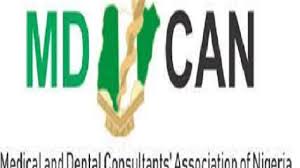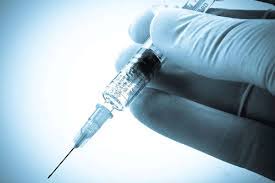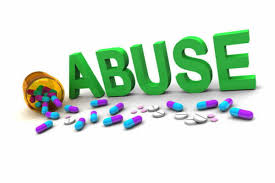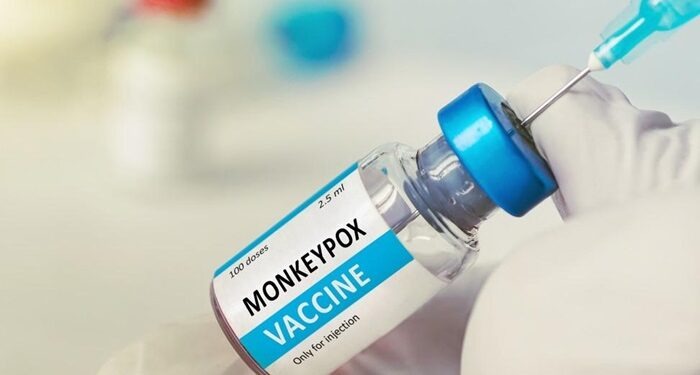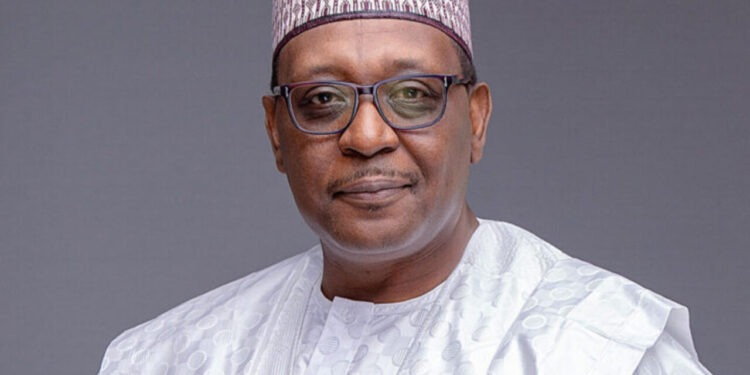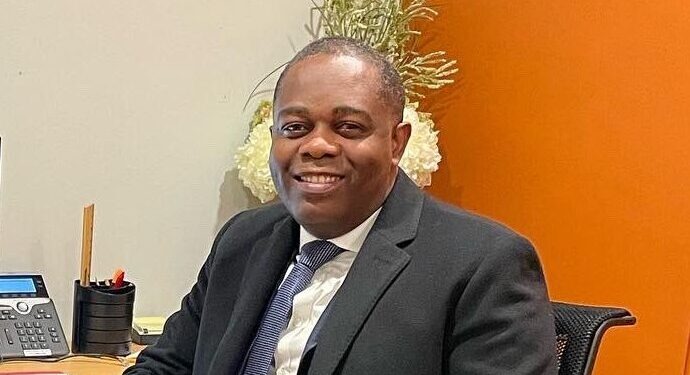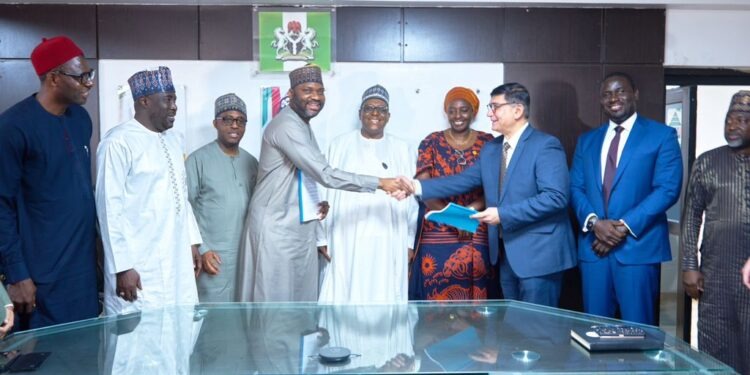The federal government, yesterday,said200 million Nigerians are currently at risk of one Neglected Tropical Disease, NTD or the other, reaffirming its commitment to eliminating the diseases by 2030. Also, the government informed that 165 million people are in need of preventive chemotherapy for at least one of the diseases. Minister of State for Health and …
